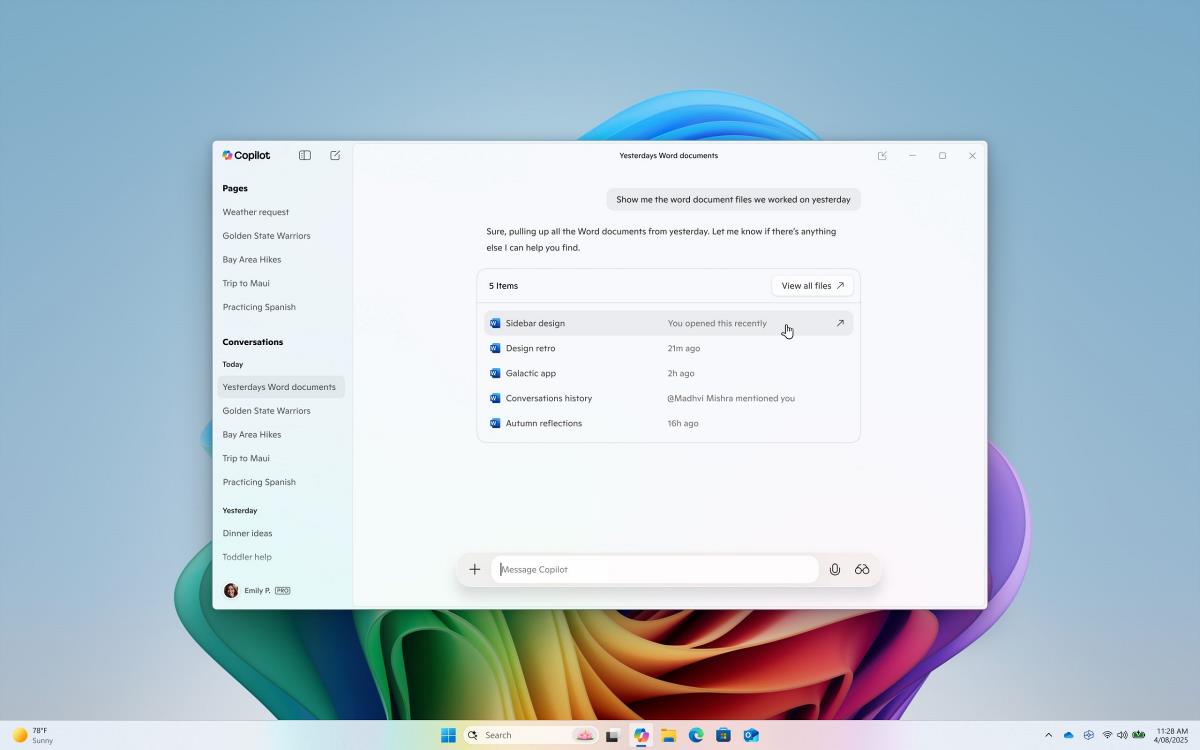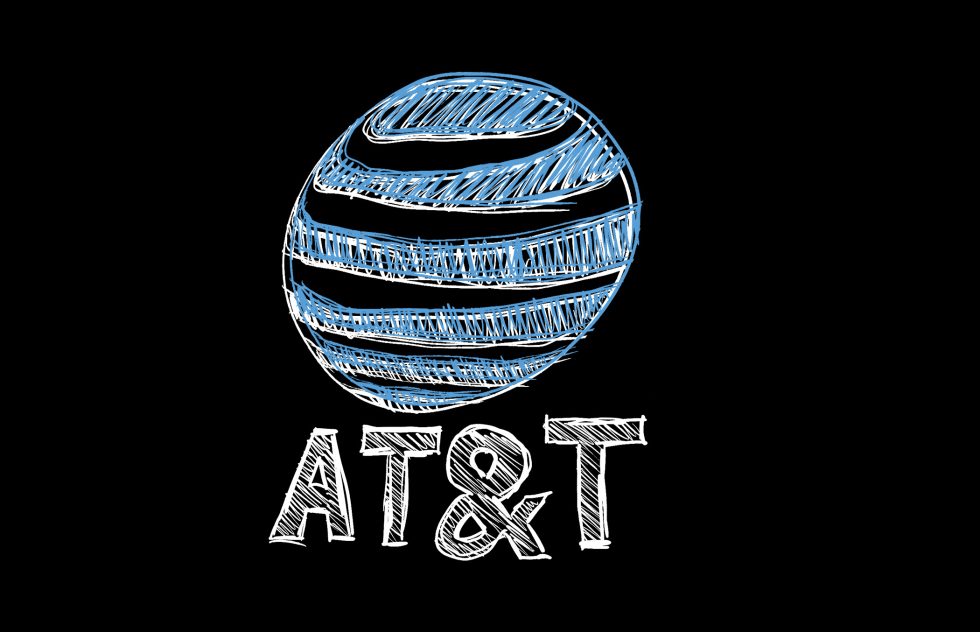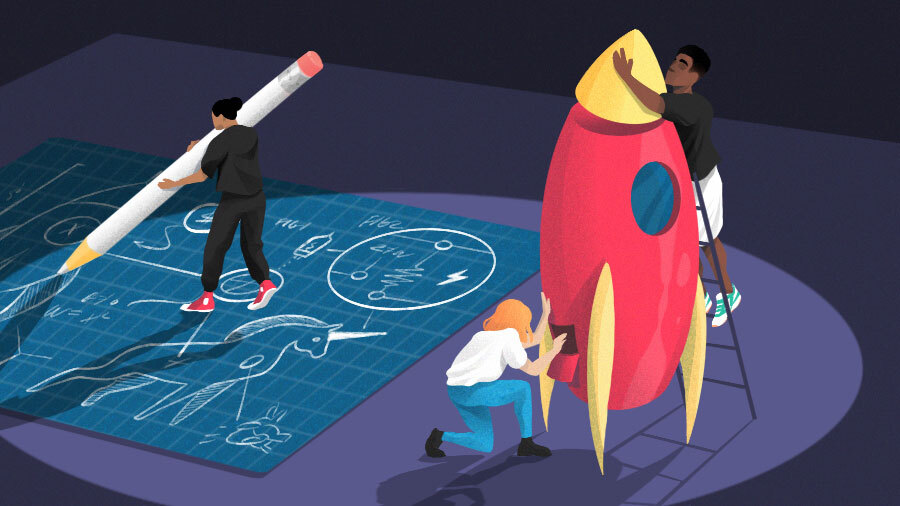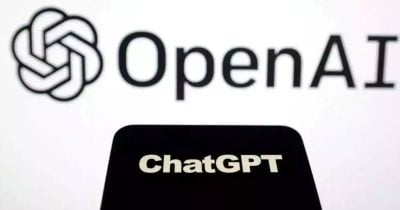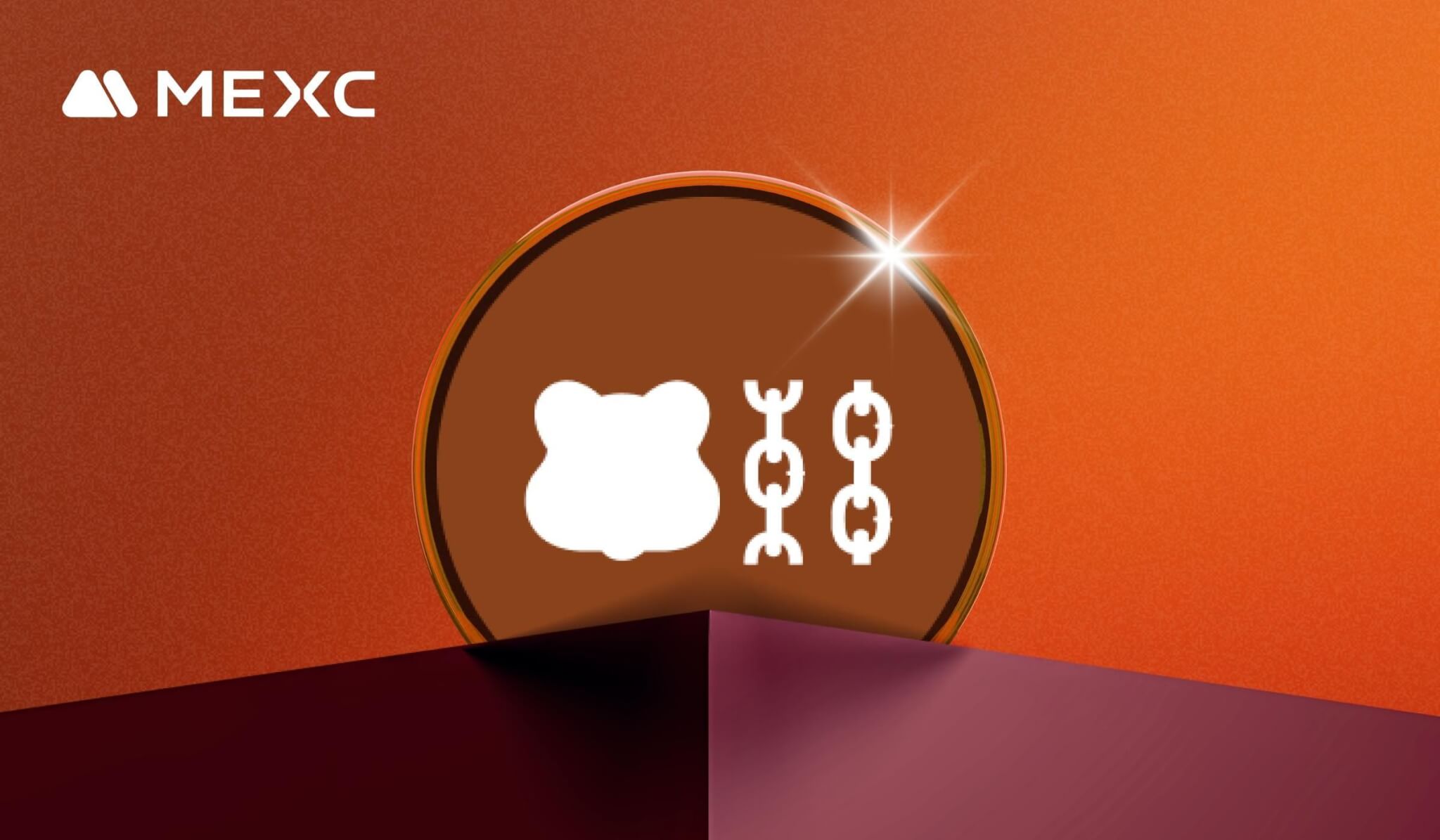The Role of AI in Regression Testing: Enhancing Efficiency and Accuracy
Introduction Regression testing is a critical part of software development, ensuring that new changes do not break existing functionality. Traditionally, this process has been time-consuming and resource-intensive. However, with the integration of Artificial Intelligence (AI), regression testing has evolved into a smarter, faster, and more reliable practice. In this article, we explore how AI is transforming regression testing, making it more efficient and accurate. 1️⃣ The Challenges of Traditional Regression Testing Regression testing involves re-running test cases to verify that recent code changes have not negatively impacted the software. However, traditional regression testing presents several challenges: ✔️ Time-Consuming – Running a full regression suite can take hours or even days. ✔️ High Maintenance – Test scripts need continuous updates as the application evolves. ✔️ Flaky Tests – Frequent false positives or negatives make test results unreliable. ✔️ Resource-Intensive – Requires significant manual effort and computational power. AI-driven testing addresses these challenges by introducing intelligent automation and predictive analytics. 2️⃣ AI-Powered Regression Testing: Key Benefits Integrating AI into regression testing provides significant advantages, including: ✅ Test Case Prioritization – AI analyzes past test results and user behavior to prioritize high-impact test cases, reducing execution time. ✅ Self-Healing Test Scripts – AI identifies changes in the UI or functionality and updates test scripts automatically, reducing maintenance efforts. ✅ Flaky Test Detection – AI detects patterns in test failures, distinguishing between actual defects and false positives. ✅ Optimized Test Execution – AI dynamically selects and runs only the necessary tests based on code changes, minimizing redundant executions. 3️⃣ AI Techniques Used in Regression Testing Several AI techniques are transforming regression testing:

Introduction
Regression testing is a critical part of software development, ensuring that new changes do not break existing functionality. Traditionally, this process has been time-consuming and resource-intensive. However, with the integration of Artificial Intelligence (AI), regression testing has evolved into a smarter, faster, and more reliable practice.
In this article, we explore how AI is transforming regression testing, making it more efficient and accurate.
1️⃣ The Challenges of Traditional Regression Testing
Regression testing involves re-running test cases to verify that recent code changes have not negatively impacted the software. However, traditional regression testing presents several challenges:
✔️ Time-Consuming – Running a full regression suite can take hours or even days.
✔️ High Maintenance – Test scripts need continuous updates as the application evolves.
✔️ Flaky Tests – Frequent false positives or negatives make test results unreliable.
✔️ Resource-Intensive – Requires significant manual effort and computational power.
AI-driven testing addresses these challenges by introducing intelligent automation and predictive analytics.
2️⃣ AI-Powered Regression Testing: Key Benefits
Integrating AI into regression testing provides significant advantages, including:
✅ Test Case Prioritization – AI analyzes past test results and user behavior to prioritize high-impact test cases, reducing execution time.
✅ Self-Healing Test Scripts – AI identifies changes in the UI or functionality and updates test scripts automatically, reducing maintenance efforts.
✅ Flaky Test Detection – AI detects patterns in test failures, distinguishing between actual defects and false positives.
✅ Optimized Test Execution – AI dynamically selects and runs only the necessary tests based on code changes, minimizing redundant executions.
3️⃣ AI Techniques Used in Regression Testing
Several AI techniques are transforming regression testing:




































































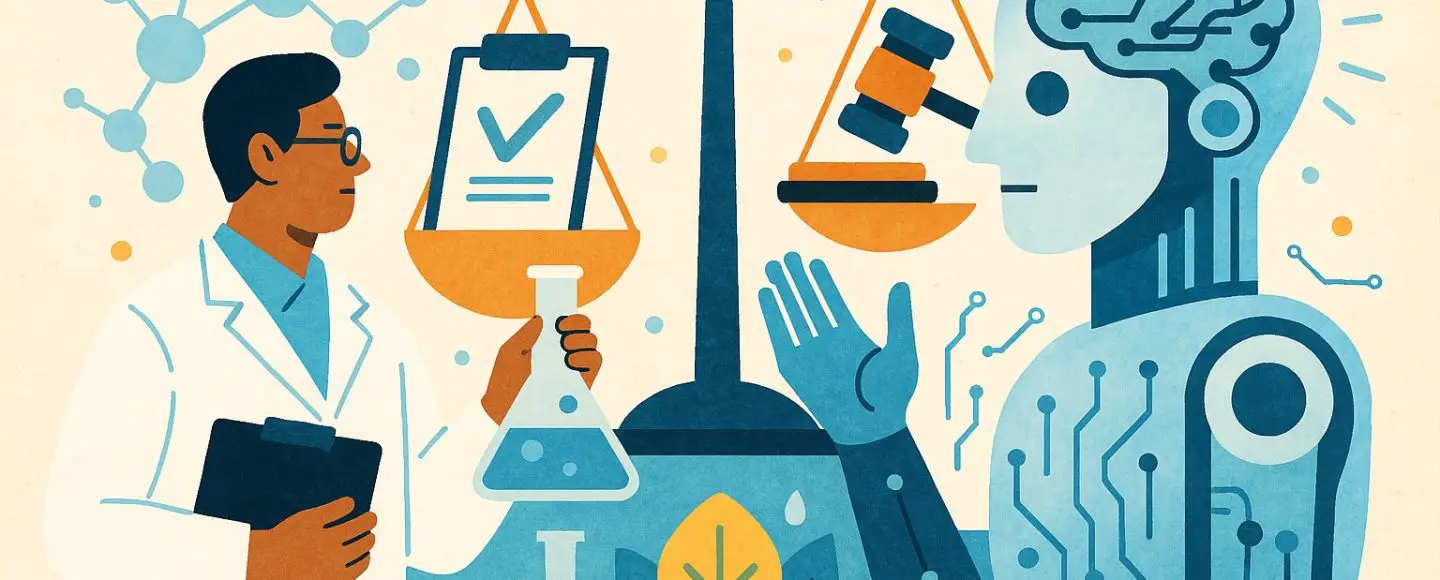












































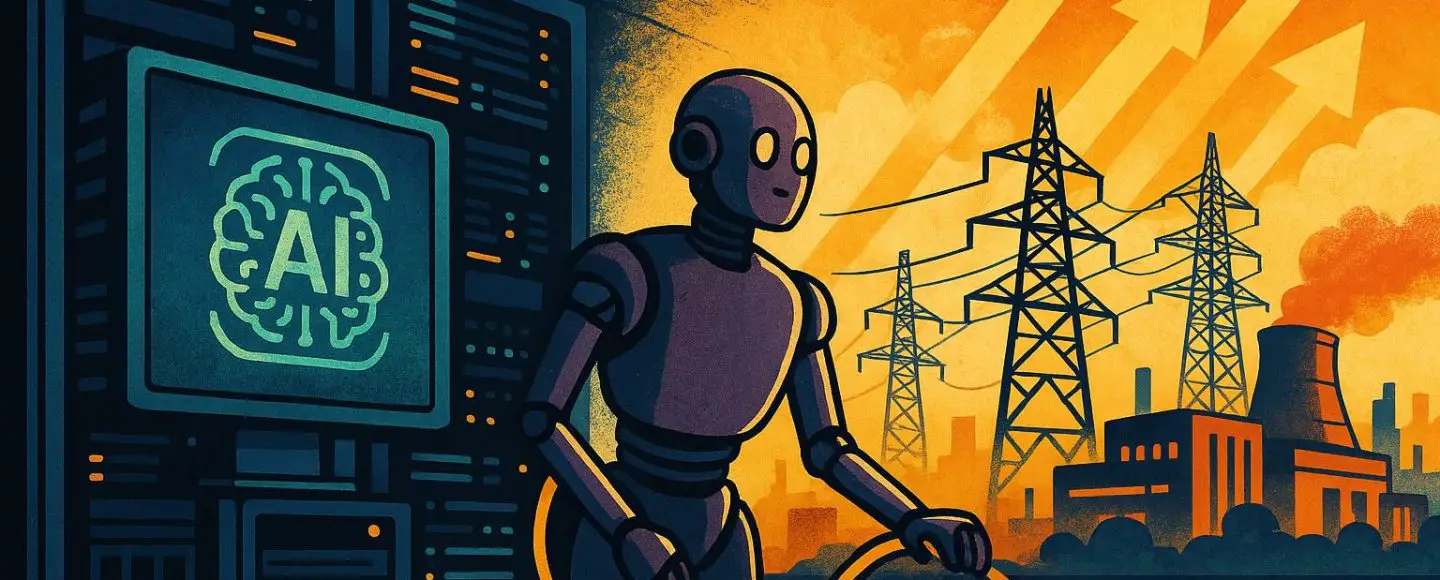






































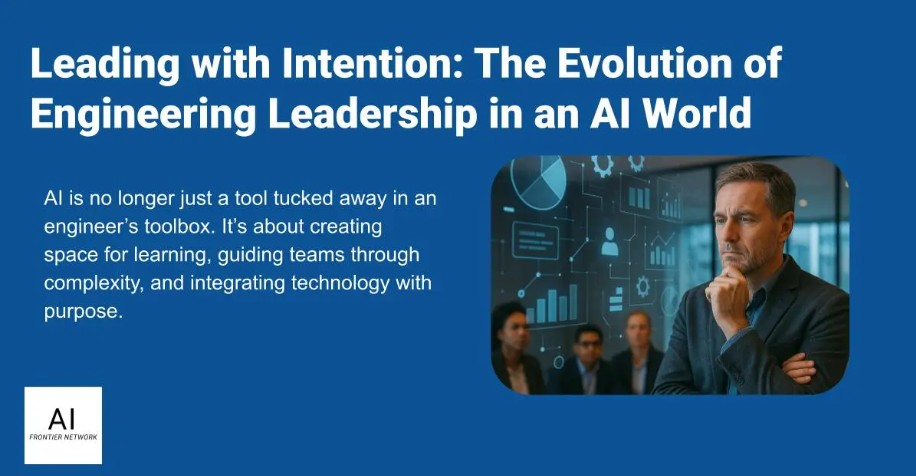
















![[The AI Show Episode 143]: ChatGPT Revenue Surge, New AGI Timelines, Amazon’s AI Agent, Claude for Education, Model Context Protocol & LLMs Pass the Turing Test](https://www.marketingaiinstitute.com/hubfs/ep%20143%20cover.png)











































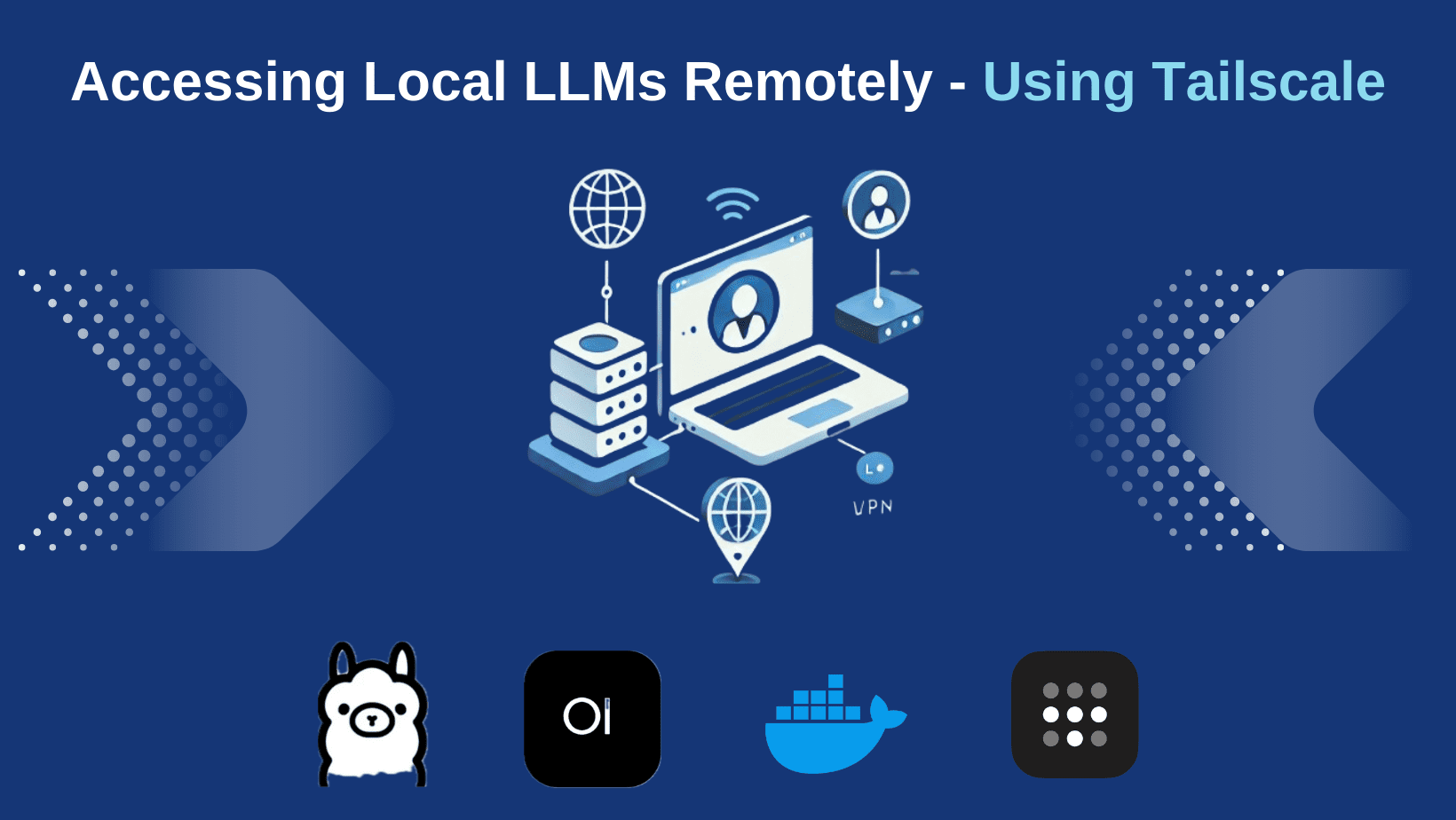









































































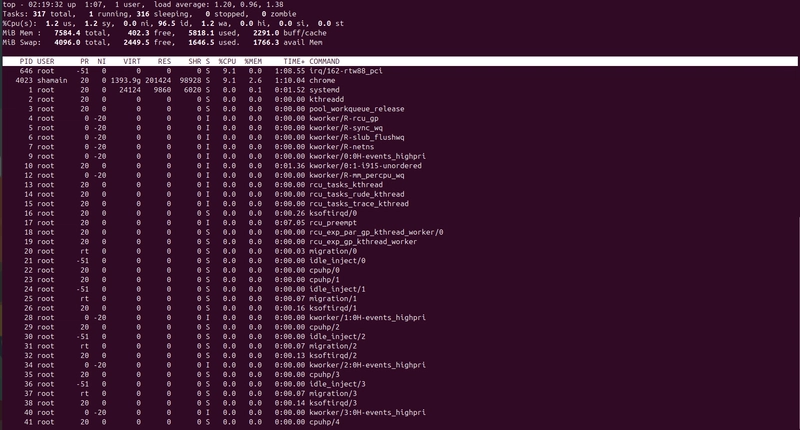























































































































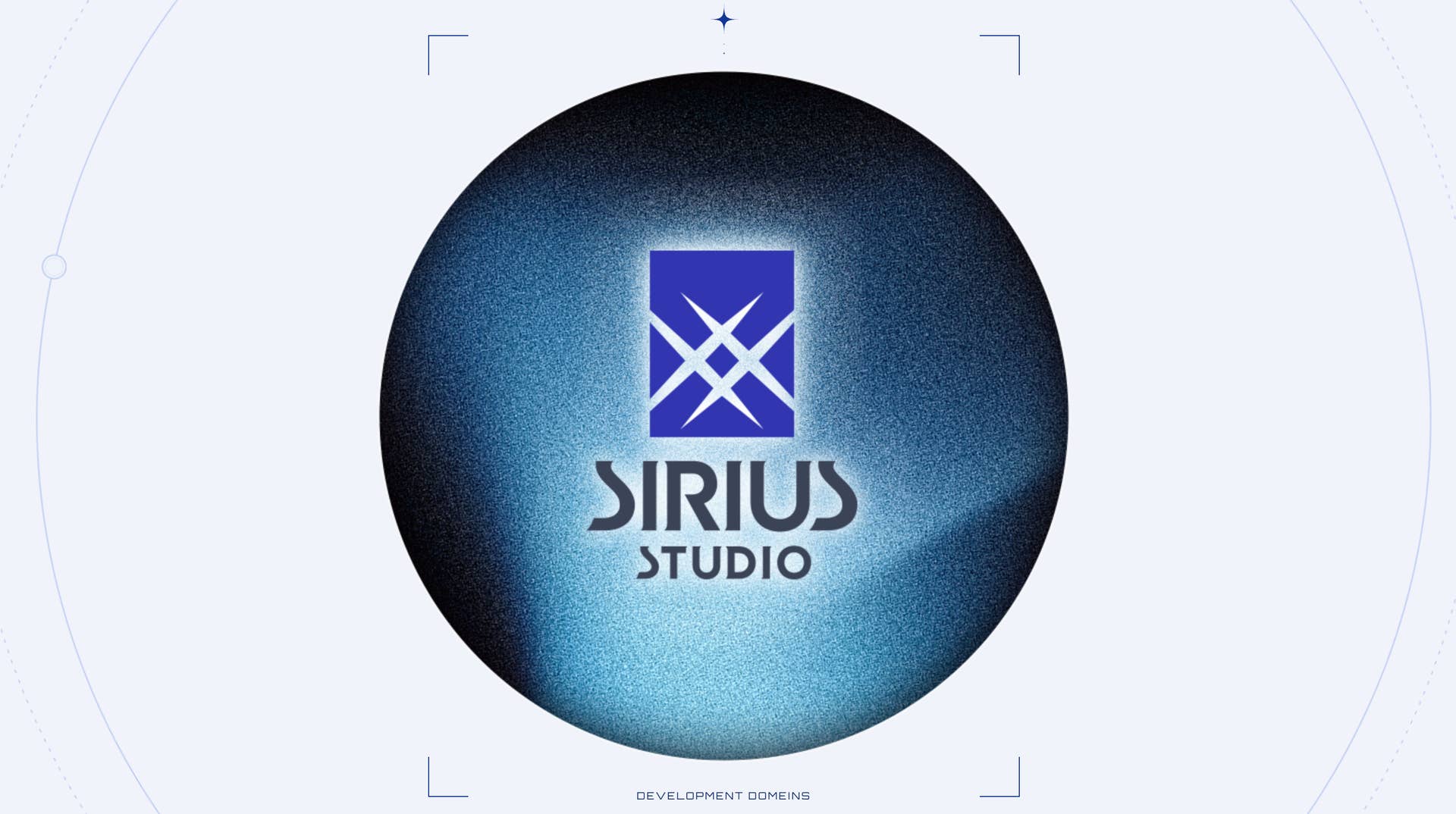
































.png?#)














































































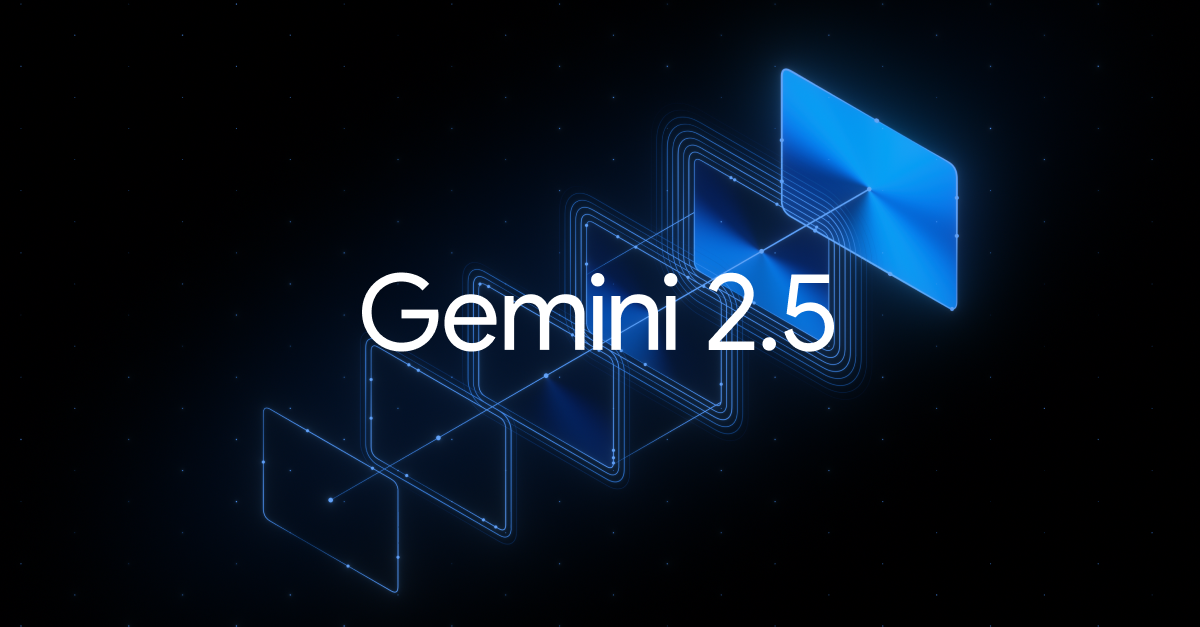

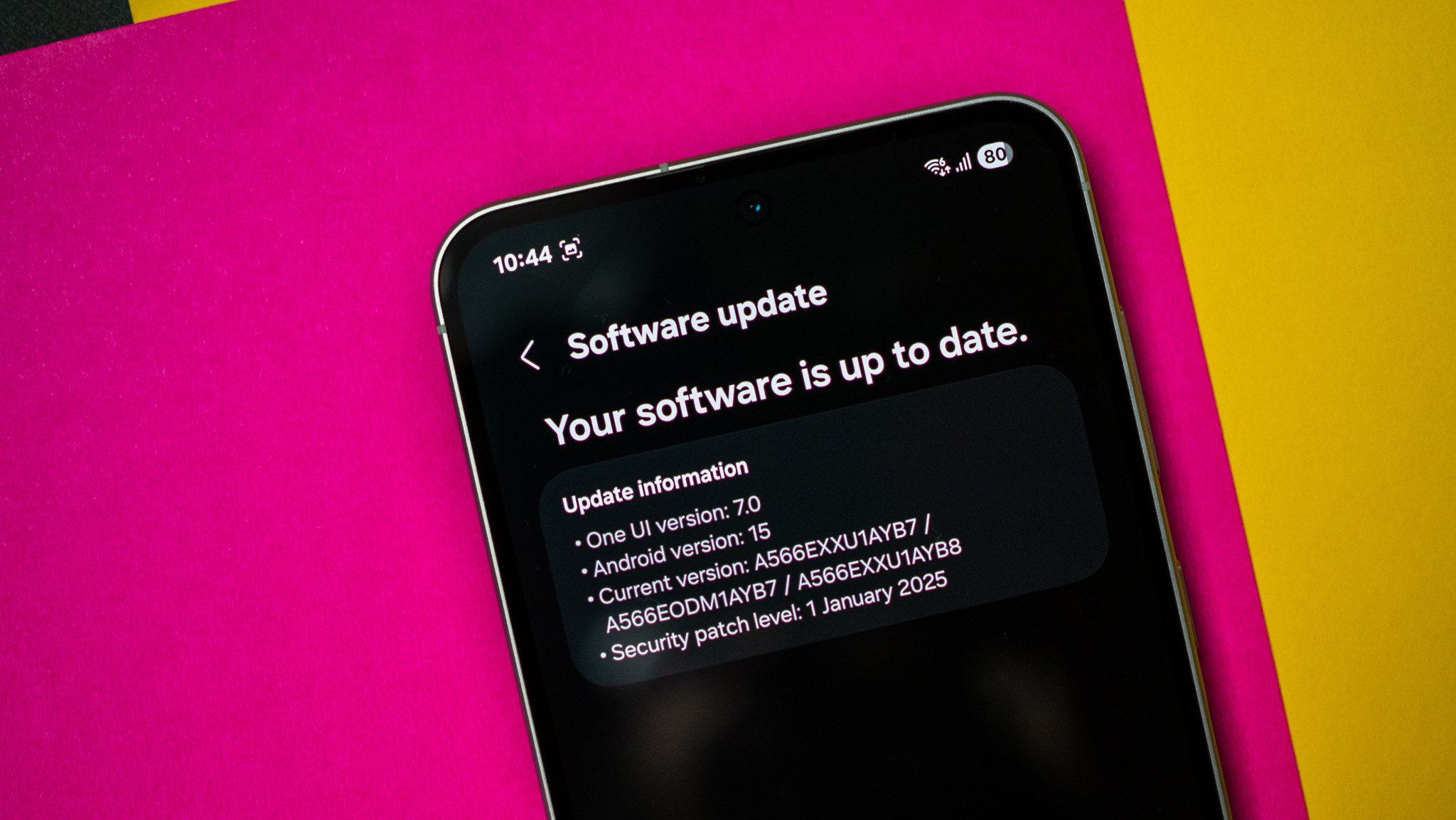




















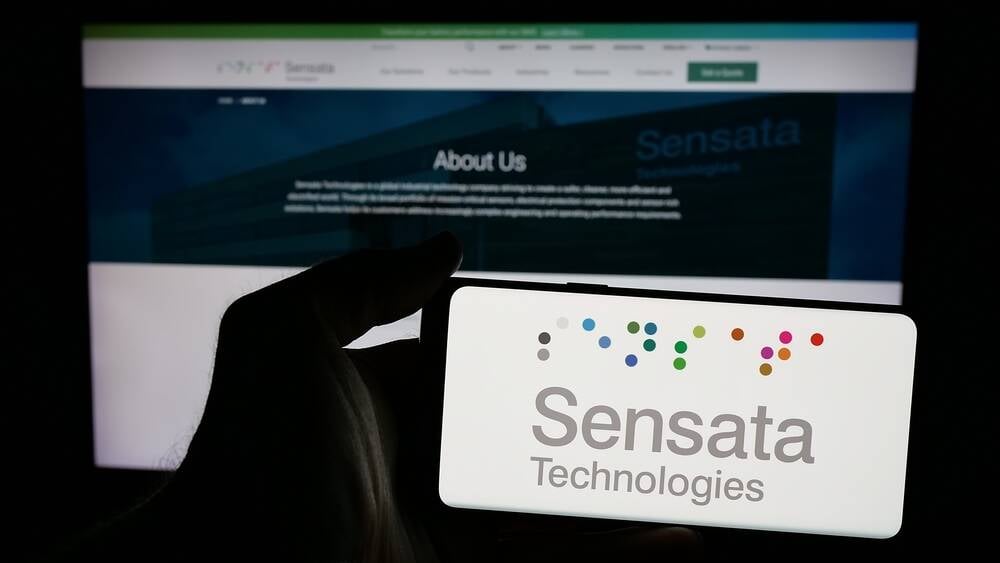

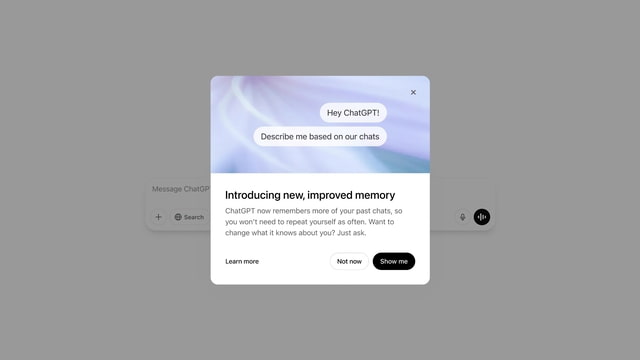

![Apple Watch to Get visionOS Inspired Refresh, Apple Intelligence Support [Rumor]](https://www.iclarified.com/images/news/96976/96976/96976-640.jpg)
![New Apple Watch Ad Features Real Emergency SOS Rescue [Video]](https://www.iclarified.com/images/news/96973/96973/96973-640.jpg)























